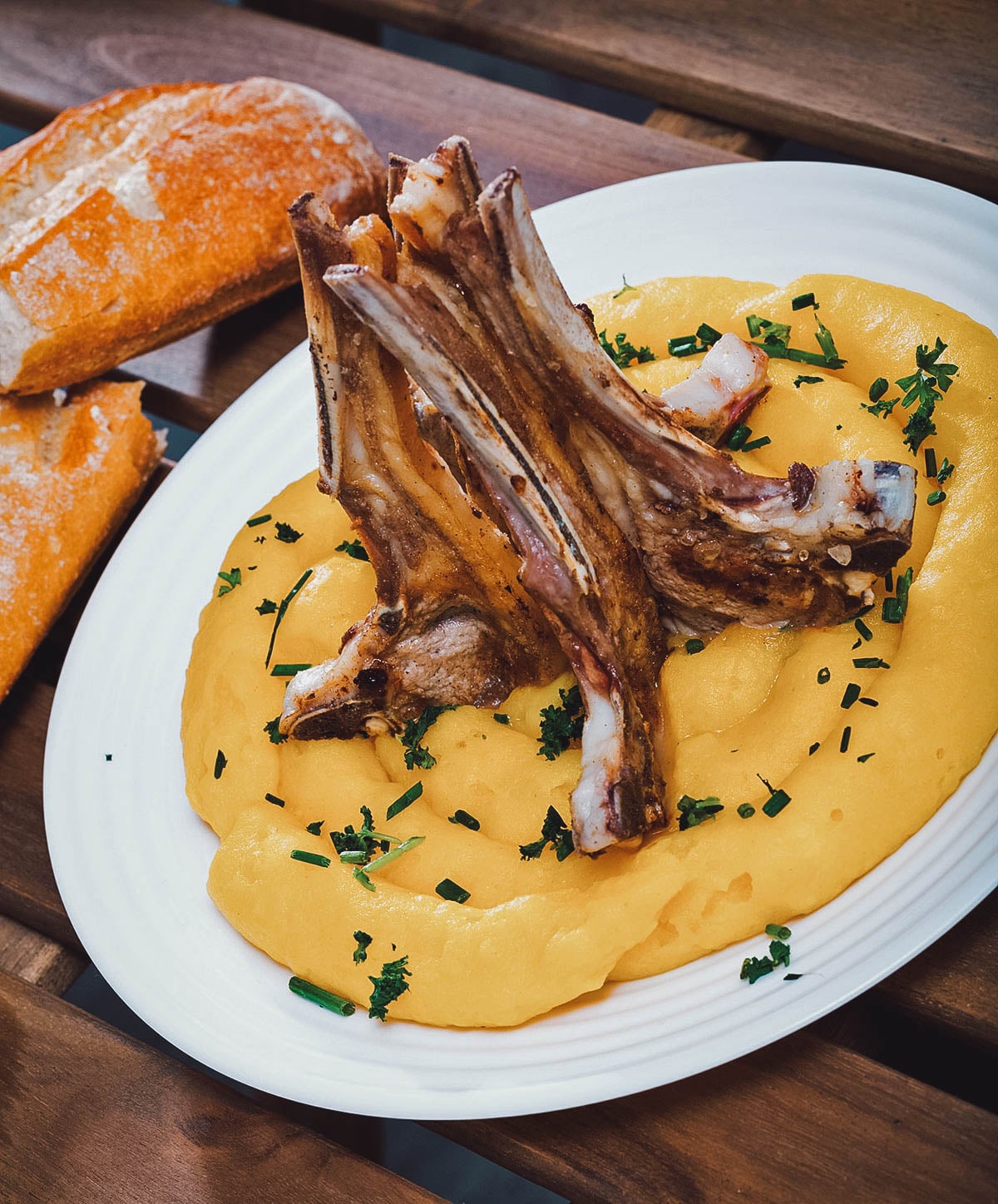
Norwegian Food 25 MustTry Dishes in Norway Will Fly for Food
Throughout the world, Norway is known for its high-quality salmon. It should not be surprising therefore that salmon is among the top 20 traditional dishes in Norway. The name of thıs dish consists of two words: røk, which means smoke, and laks, which means salmon. Smoked salmon is commonly served with pickled cabbage, sour cream, and fresh.
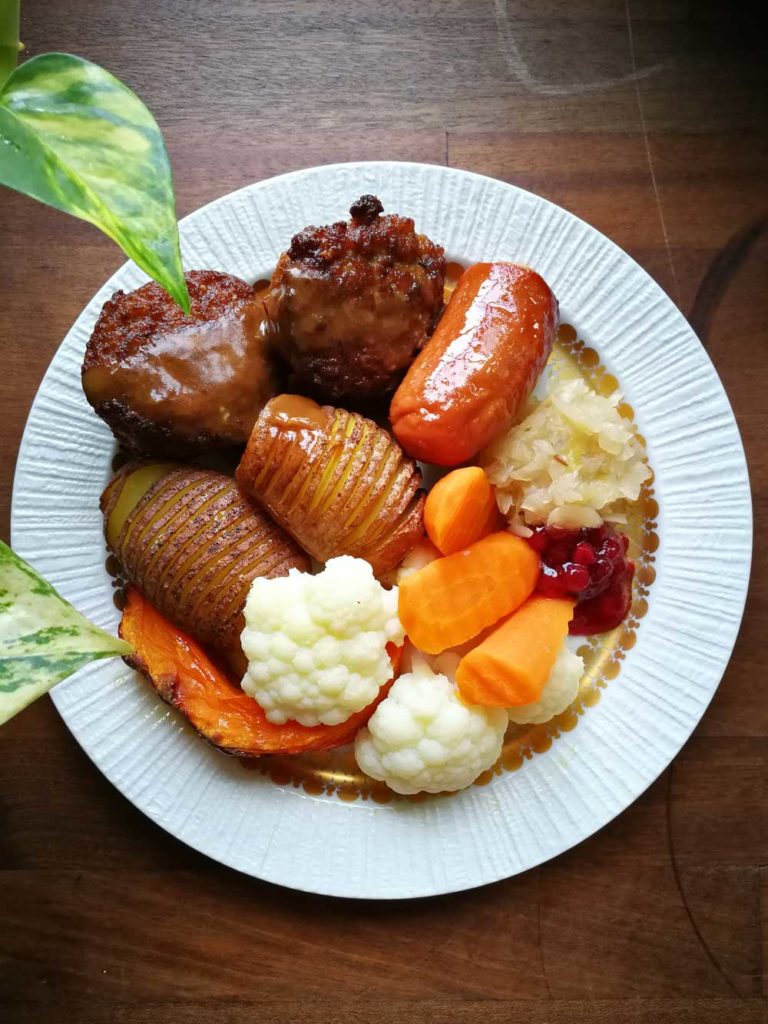
Norwegian Food 15 Most Popular and Traditional Dishes Nomad Paradise
Fårikål is Norway's national dish, and sure enough each September it seems like the entire country is feasting on fårikål. Translating to "lamb in cabbage," fårikål is basically just cuts of lamb wrapped in cabbage and black pepper.

Traditional cuisine in Norway What to expect? Tromsø Lodge & Camping
Fårikål (Norwegian pronunciation: [ˈfòːrɪkɔɫ, ˈfɔ̀rːɪkɔɫ]) is a traditional Norwegian dish, and the country's national dish. It consists of pieces of mutton with bone, cabbage, whole black pepper and occasionally a little wheat flour, cooked for several hours in a casserole, traditionally served with potatoes boiled in their skins. The dish is typically prepared in early autumn.
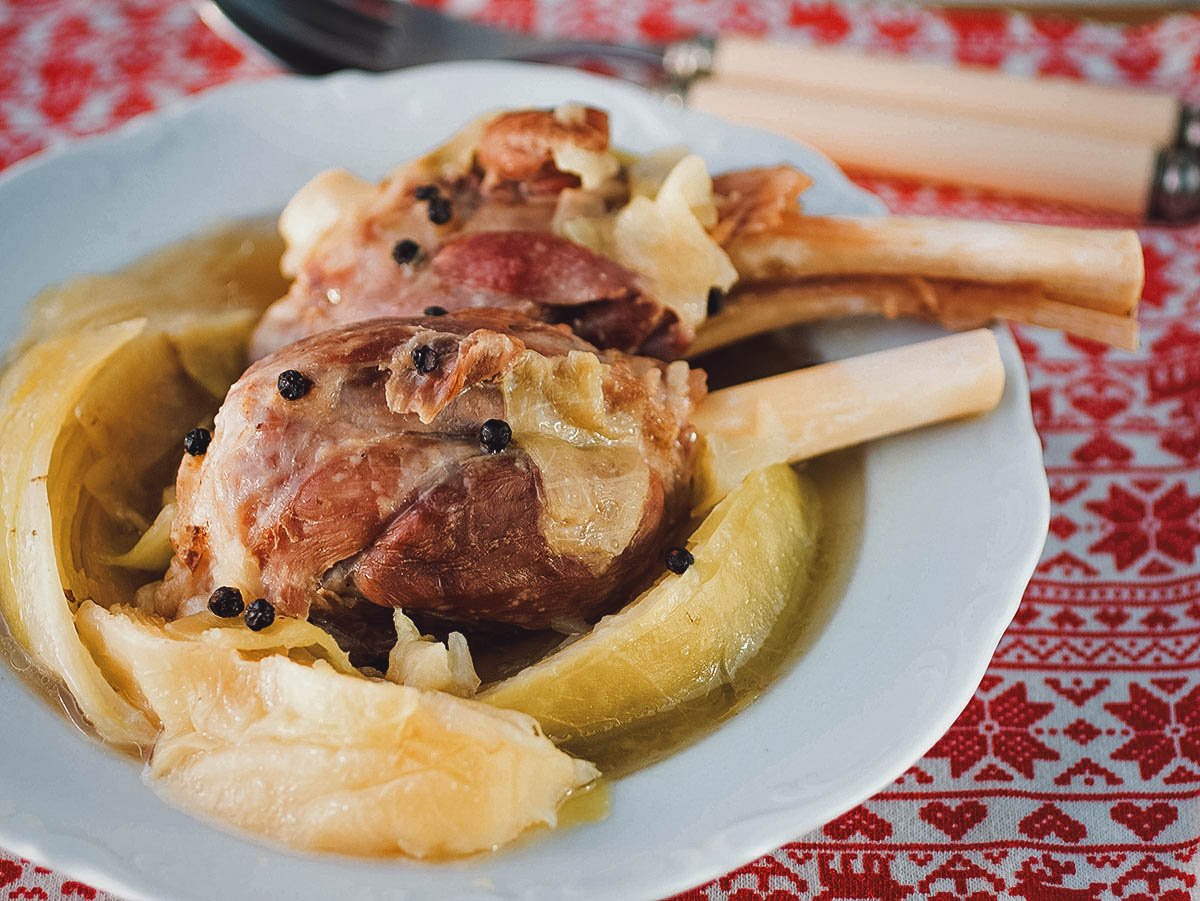
Norwegian Food 25 MustTry Dishes in Norway Will Fly for Food
Farikal is Norway's national dish. It originated in western Norway and is now very popular throughout the country. The word Farikal means "sheep in cabbage." It is a simple casserole made of cabbage, mutton, and whole peppercorns. Lamb can be used instead of mutton to get a milder tasting Farikal flavor. The dish itself has a distinct.

The 15 Foods and Drinks You Must Try in Norway
The national dish of Norway, fårikål, is hearty mutton and cabbage stew, typically served with boiled potatoes. The list of ingredients is scarce: only mutton, cabbage, salt, pepper, and water, although some recipes call for the broth to be thickened with flour
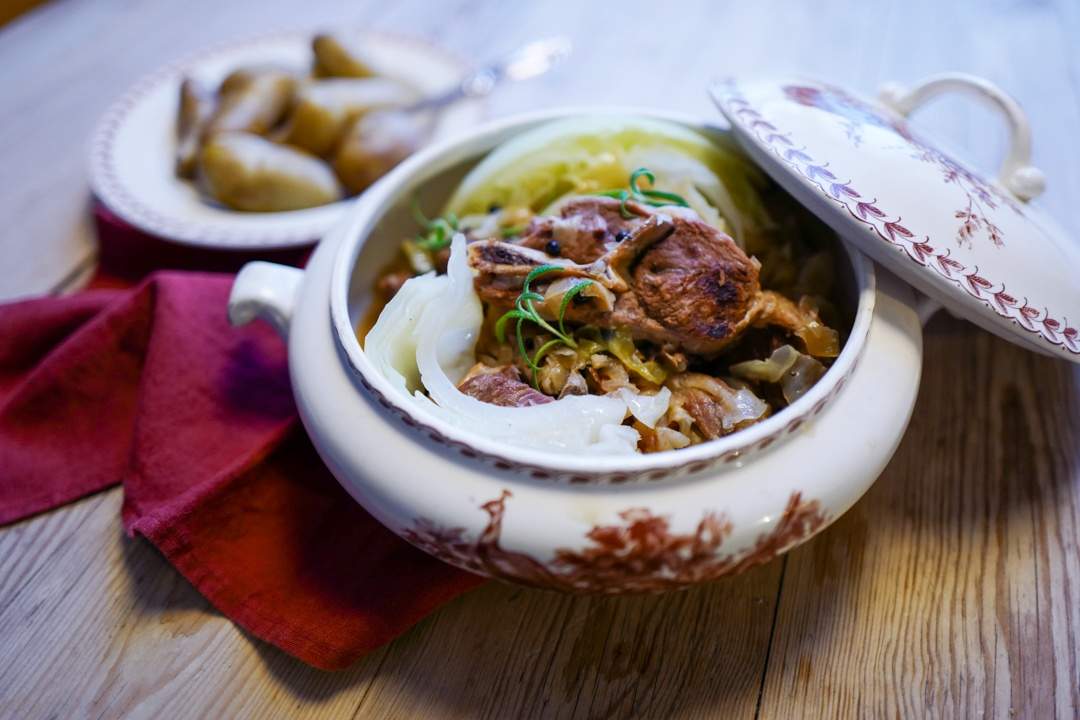
Fårikål The national dish of Norway helleskitchen
Norway's national dish fårikål is easy to make and tastes heavenly - especially in good company. Many restaurants have the delicacy on the menu. Norwegian lamb stew recipe. Serves 8 people . Ingredients: 3 kg lamb meat 3 kg cabbage 8 tsp whole, black pepper 4 tsp salt 6 dl water.

Farikal ( Fårikål) Norway’s national dish
How fårikål became Norway's national dish. Fårikål has the status of Norway's unofficial national dish for a very long time, but it was only in 2014 that the Norwegian government made it official.. The semi-official title was first awarded back in 1972. A radio show called Nitimen had a nationwide vote on finding different parts of Norwegian favorites, including things like the.

Norway's National Dish Explained The Norway Guide
Norwegian Food and Agriculture Minister Sylvi Listhaug has egg on her face after the Norwegian public voted to keep fårikål as Norway's national dish. The traditional one-pot stew of lamb and cabbage won 45% of the poll, ahead of other dishes including kjøttkaker (large meatcakes) and pinnekjøtt, another lamb-based dish popular at Christmas time.
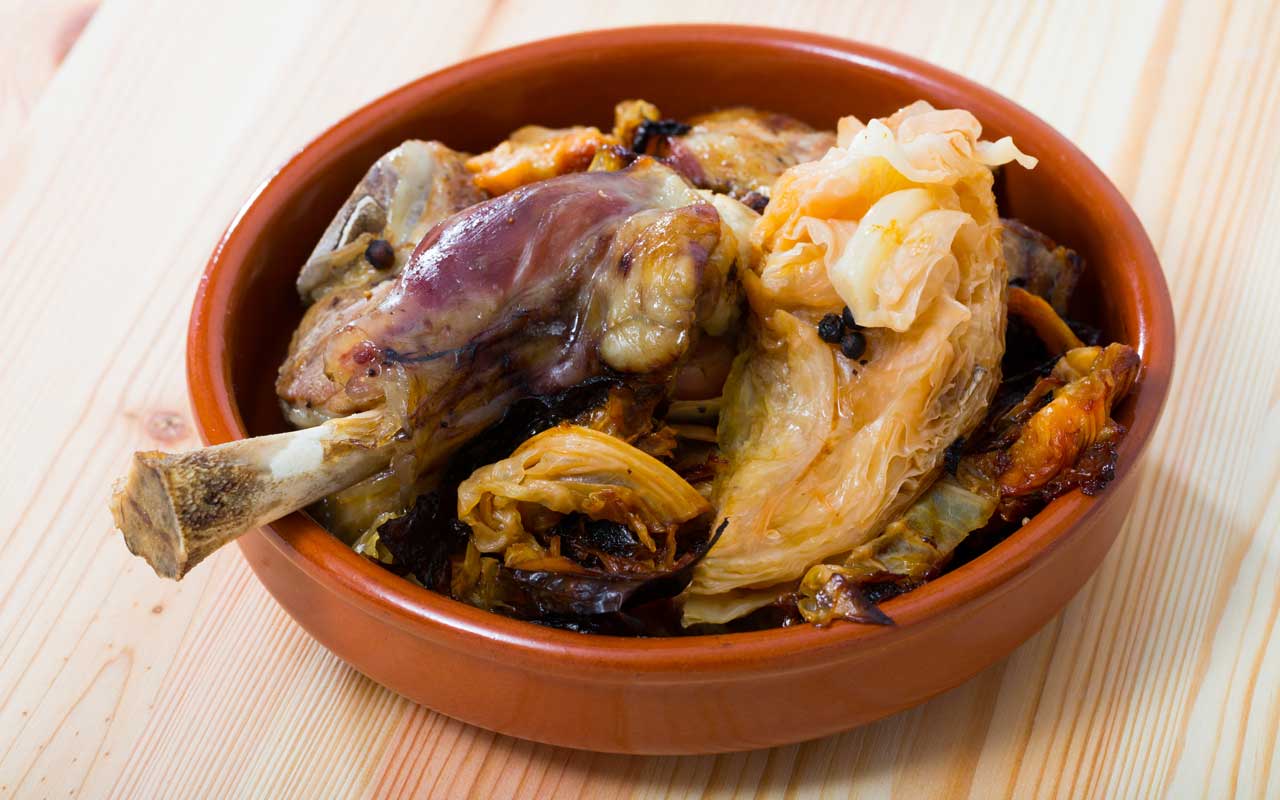
Norwegian Food 15 Most Popular and Traditional Dishes Nomad Paradise
Traditional food in Norway can be eaten at restaurants throughout the country, and some places even prepare the dishes like the old recipes whereas some modern restaurants will prepare traditional Norwegian dishes with a modern touch. Fårikål. Fårikål is a hearty stew which is quite easy to prepare, and a popular dish in the cold winter months.
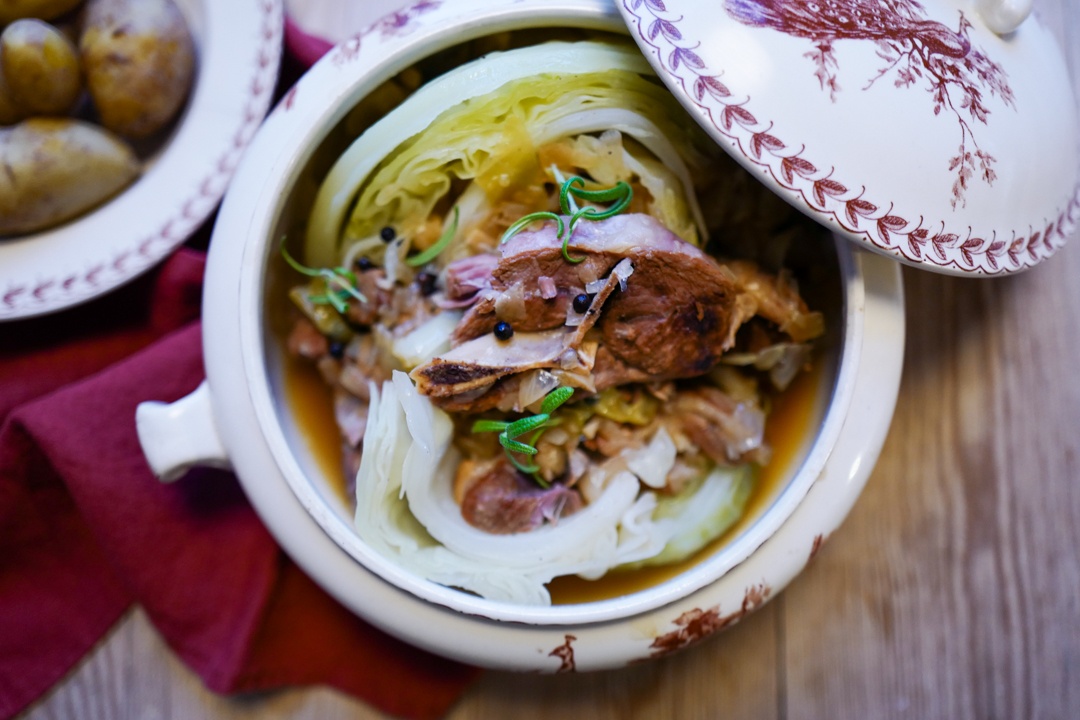
Fårikål The national dish of Norway Helleskitchen
Fårikål - National Dish of Norway. Fårikål was first elected the national dish of Norway in 1970 by the popular radio show "Nitimen" (ninth hour). Later on in 2014 there was a new poll made and Fårikål won again. Norway has many seasonal dishes. Meaning that you won't cook them when it's not the right season. That way we only.
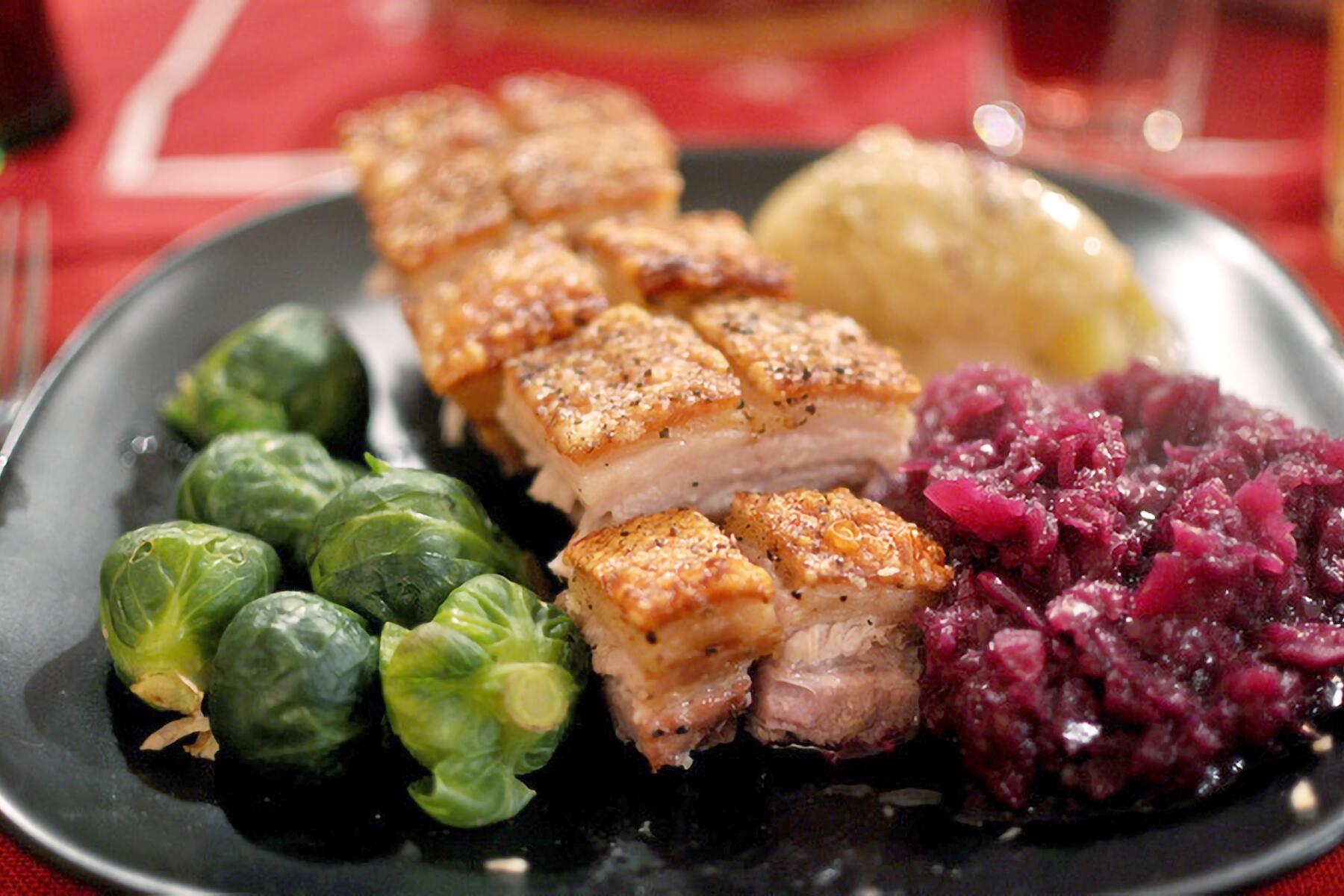
The 15 Foods and Drinks You Must Try in Norway
Known as the Norwegian national dish, Farikal is really a simple dish of mutton and cabbage. Like most traditional Norwegian food is hearty and tasty. This meal is quite easy to prepare but can take a little time. It is made by putting bone-in lamb or mutton, cabbage, water and salt, and pepper together in a casserole dish.
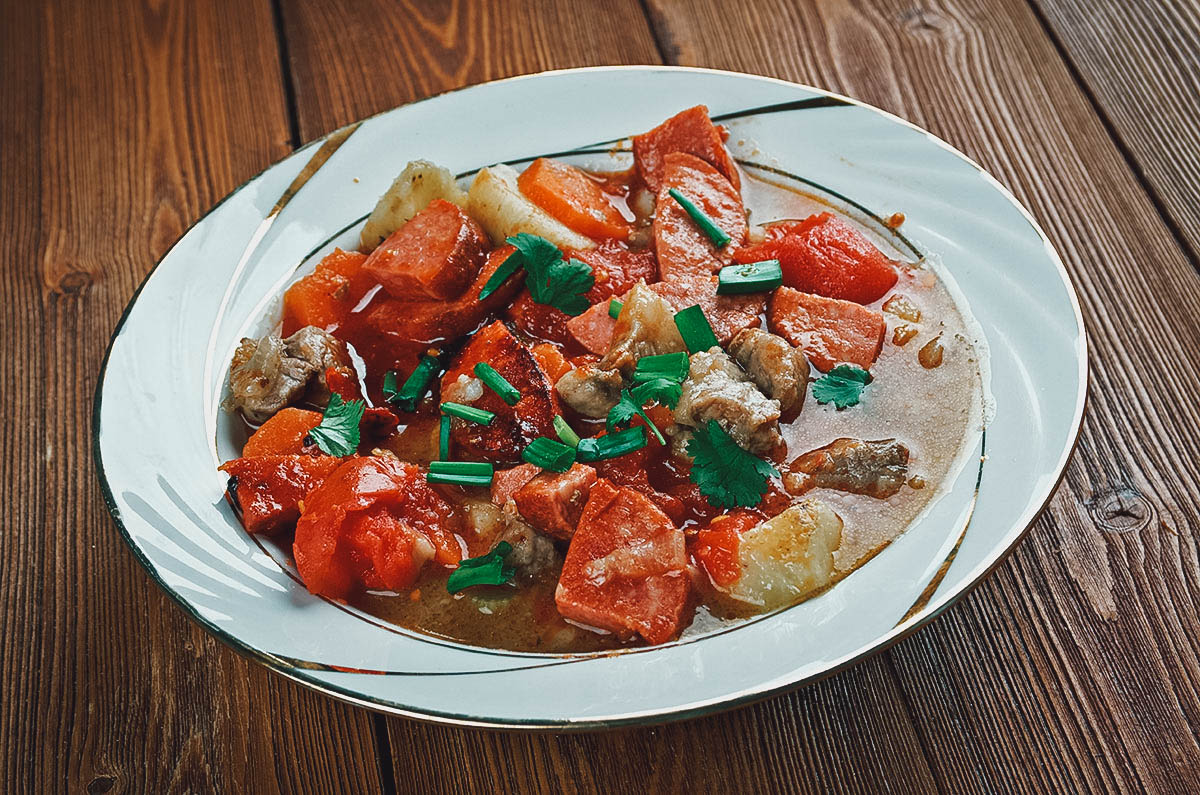
Norwegian Food 25 MustTry Dishes in Norway Will Fly for Food
Fårikål was first named the national dish of Norway in 1972, and then again in another national vote in 2014, when fårikål narrowly beat out meatballs with brown sauce. And while admittedly many countries have quite similar versions of this dish, it does feel fitting for Norway's national dish to feature lamb and potatoes, two local products Norwegians are incredibly proud of.
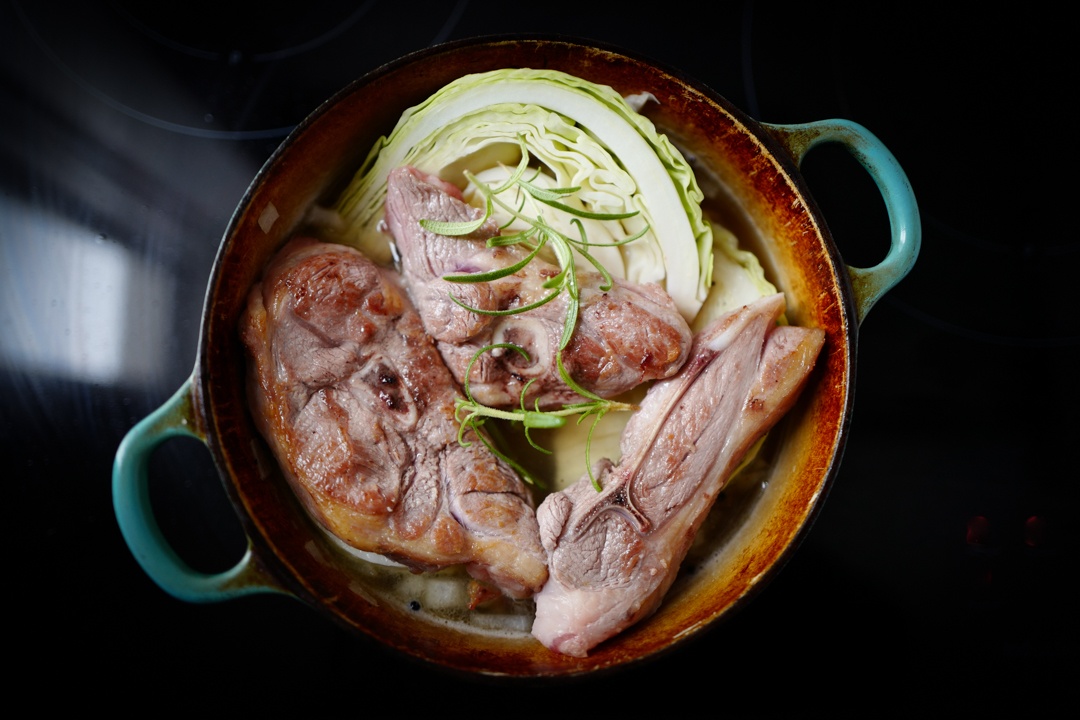
Fårikål The national dish of Norway Helleskitchen
National dishes of Norway from fish: Rakfisk. Törrfisk - dried-on tees, this dish is best tasted in the northern regions of the country, for example, on the Lofoten Islands; Rackfisk is a fermented trout. Only courageous tourists can try the dish, who will not be scared away by the strong, peculiar smell of fish stored in barrels for 3 to 6.
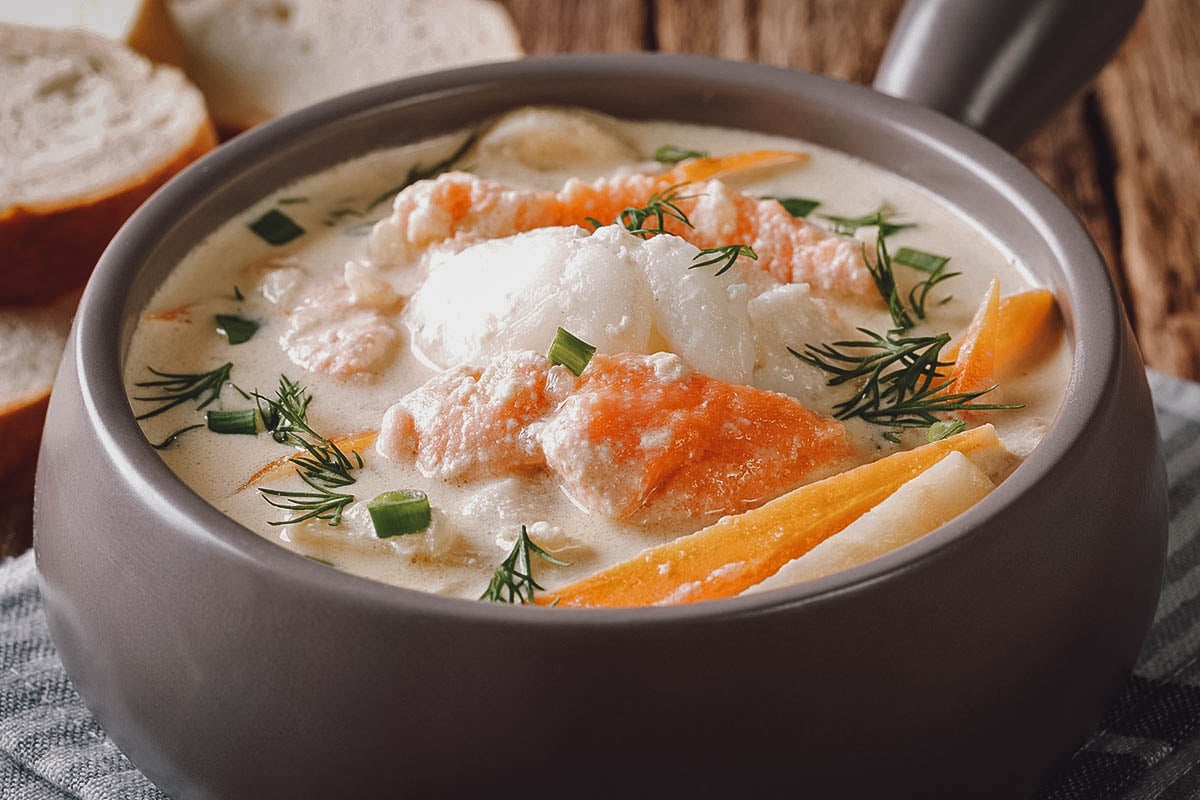
Norwegian Food 25 MustTry Dishes in Norway Will Fly for Food
As Norway's national dish, farikal is a hearty and delicious lamb and cabbage stew with plenty of black peppercorns for a tasty spice. Often enjoyed with boiled potatoes or a thin crispbread called flatbrod, or flatbread in English, farikal is served in restaurants throughout Norway during the autumn season.
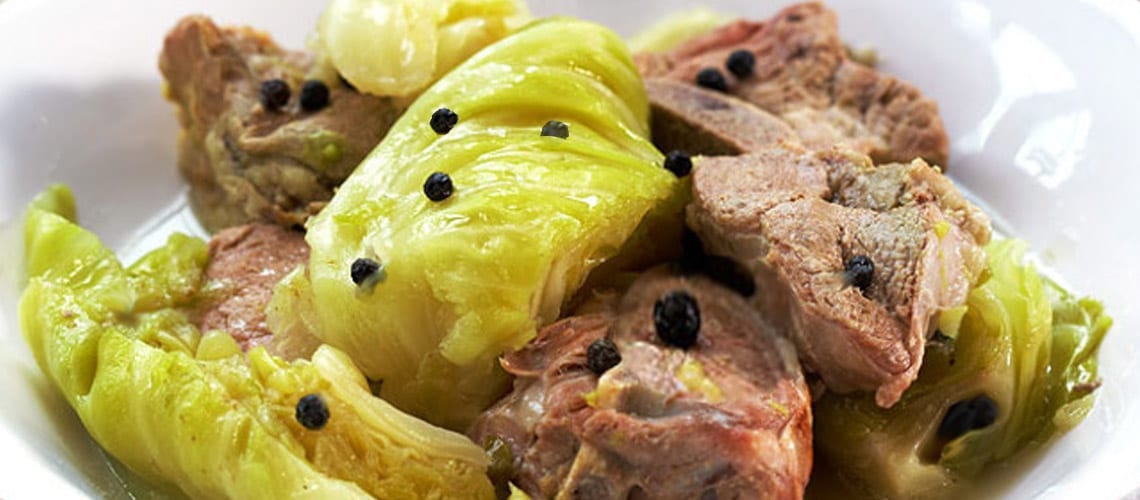
National Dish of Norway Farikal National Dishes of the World
Others wondered whether the new national dish would reflect the more recent immigrant groups in Norway. In the end, the contest results proved fårikål was still the nation's most beloved dish, receiving 45% of the ballots cast and beating out dishes such as Norwegian meatballs in brown sauce, lapskaus (potato stew), fiskeboller (fish balls in white sauce), and poached salmon.
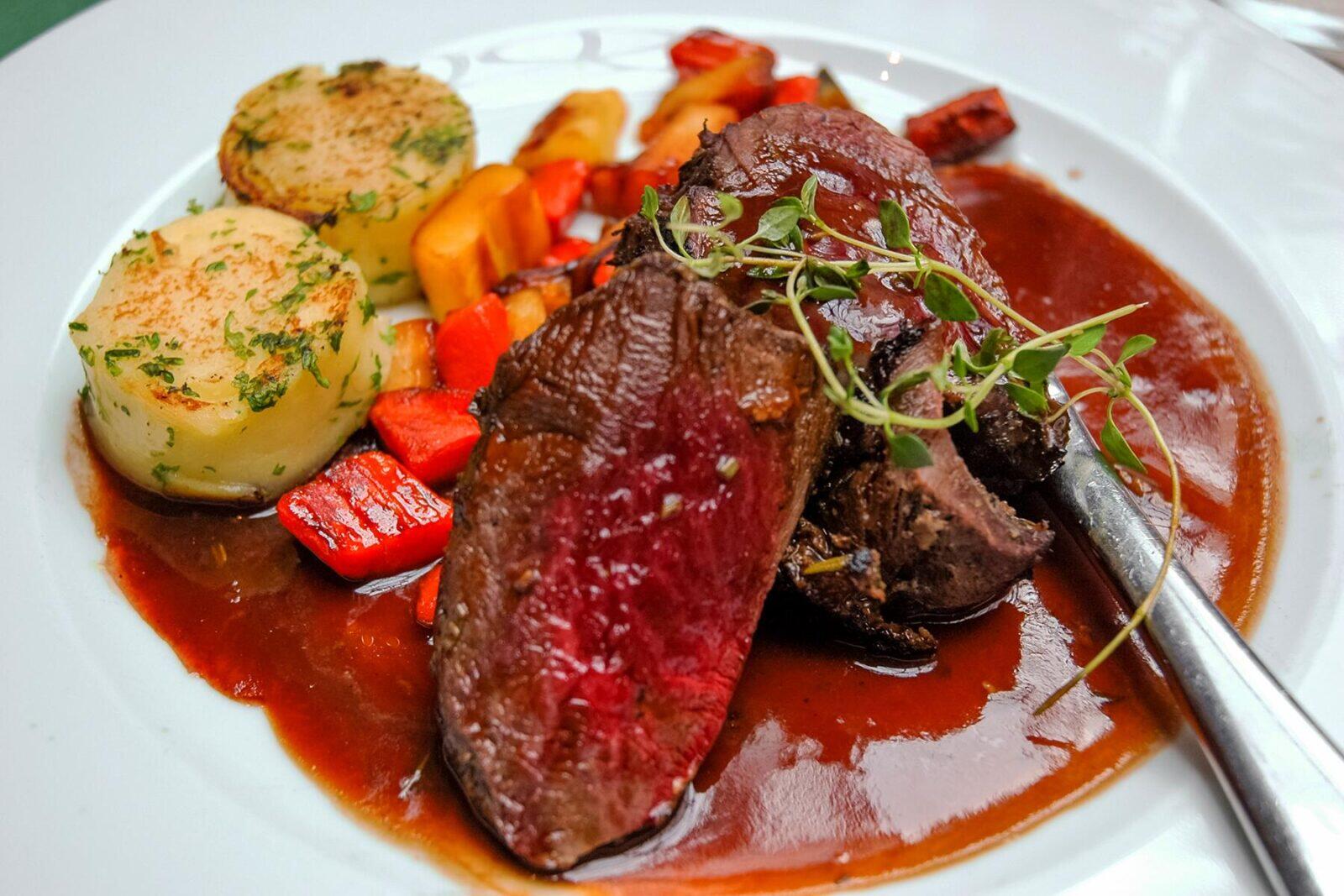
The 15 Foods and Drinks You Must Try in Norway
Lamb also figures prominently in the Norwegian diet. Fårikål is the Norwegian national dish while Fenalår, a dish of slow-cured lamb's leg, has been given Protected Geographical Indication (PGI) status. Because of its long winters, preserving food like cod and lamb wasn't done just for pleasure in Norway, it was a necessity.